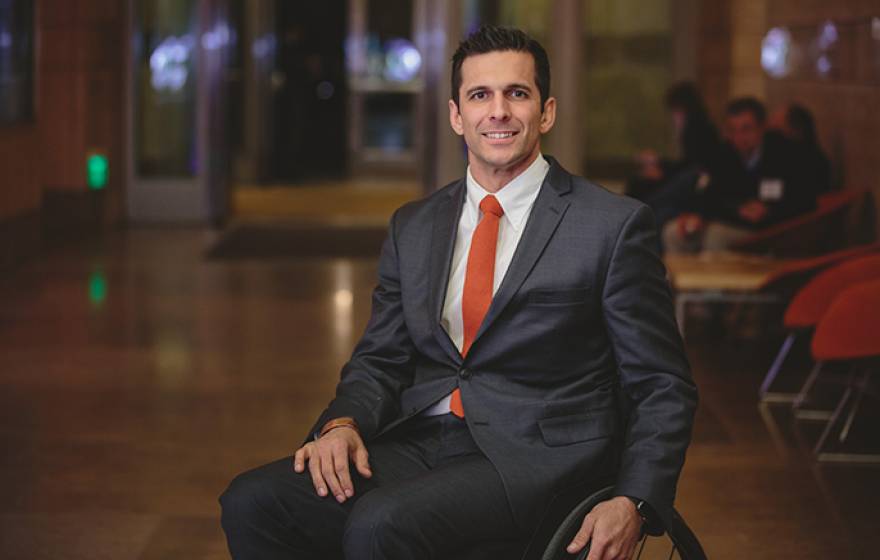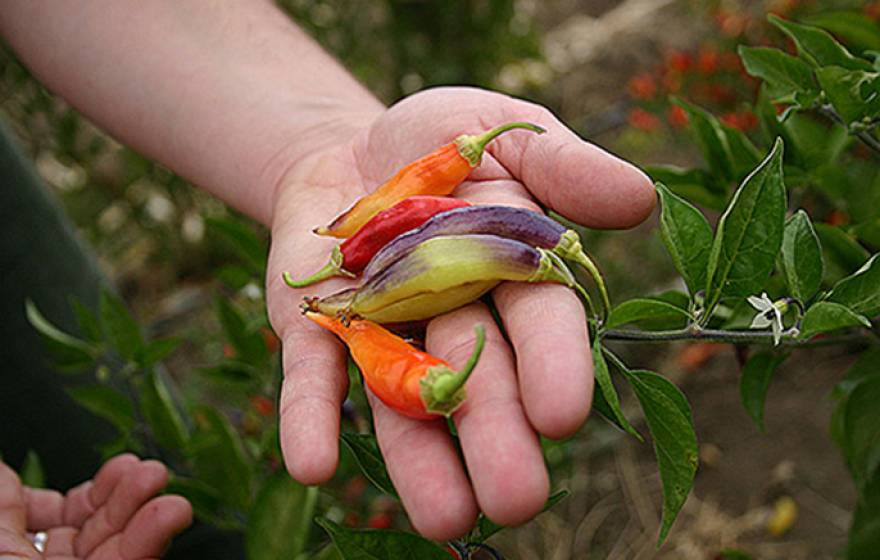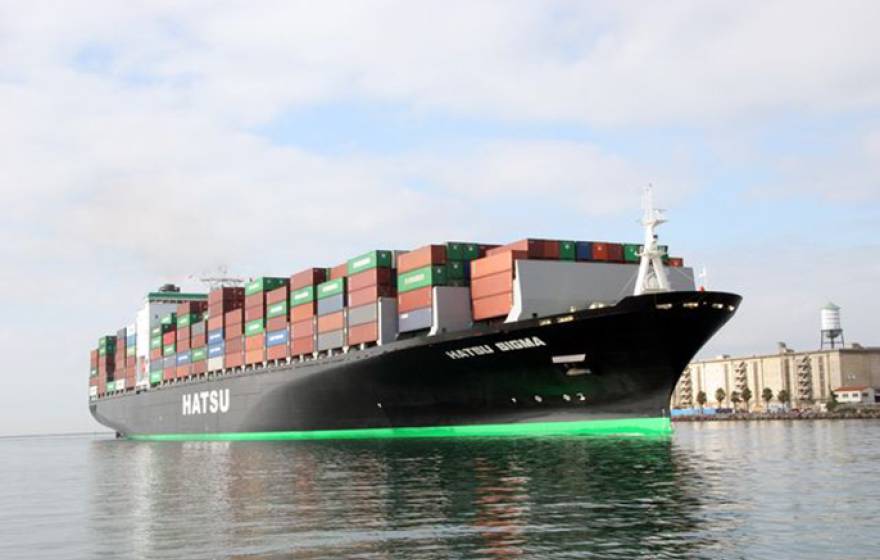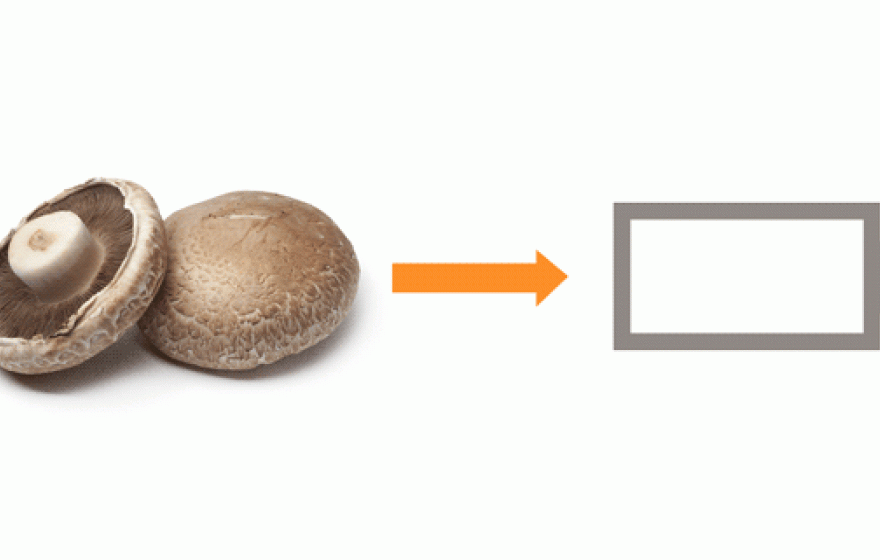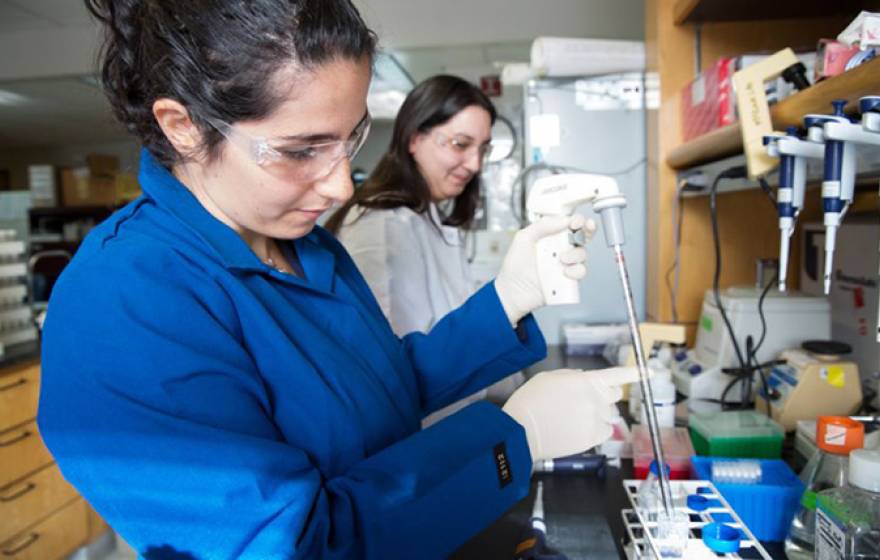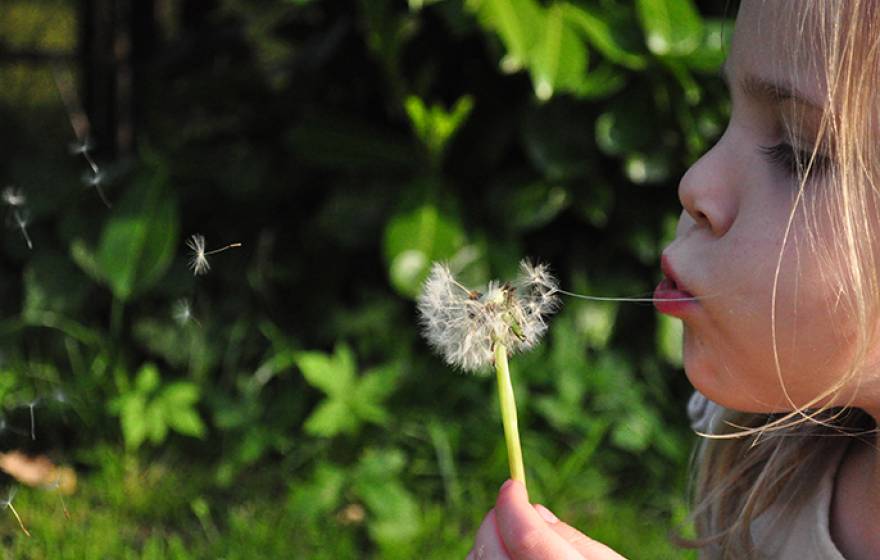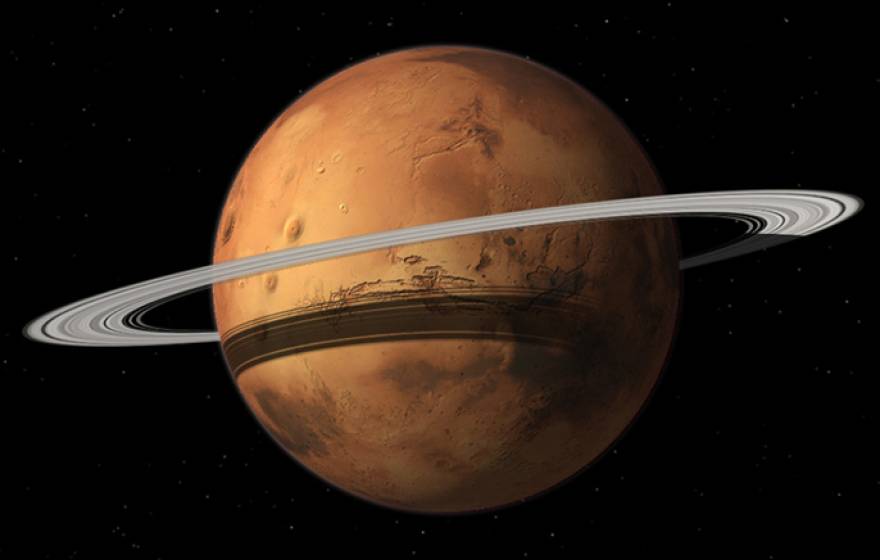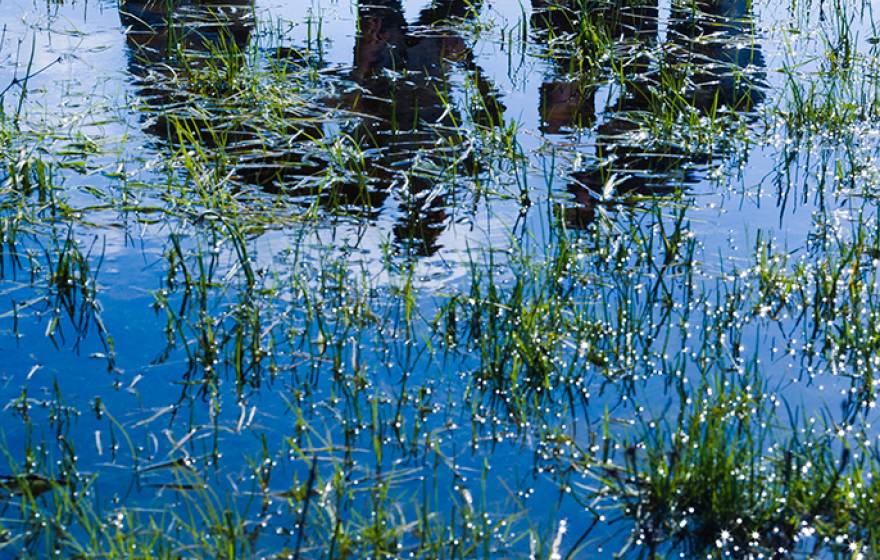Technology firm co-founded by former faculty member and campus grew up together in San Diego
Qualcomm, UC San Diego maintain tight bonds
UC president announces 2016 Research Catalyst Award recipients
Grants totaling $4.8 million will foster multidisciplinary research in conservation biology, cultural preservation, agriculture, and the detection of dark matter.
UC entrepreneurs win funding at first primeUC competition
Twenty of UC's most promising life-science startups competed for seed funding in the first primeUC competition at UCSF.
Government chooses UC Davis to monitor nation's fine particles
Crocker Nuclear Laboratory is now the prime contractor for both major federal fine particle air quality monitoring networks.
New organic plant breeding effort sprouting at UC Davis
Effort will provide California growers with seeds for tomato, bean, pepper and other crop varieties.
Job growth, wage increases to push real GDP growth past 3%
UCLA Anderson Forecast expects steady employment gains in California through 2017.
Mushrooms could boost your phone’s battery
Smartphone batteries begin to lose steam after a lot of use and need to be recharged more often. Portobella mushrooms could be the solution to this problem, according to UC Riverside researchers.
$20M grant funds amfAR Institute for HIV Cure Research
UCSF and the Gladstone Institute for Virology and Immunology among research groups partnering in effort to eliminarte virus.
UCLA–USC team to develop tech to predict kids' asthma attacks
Platform will enable smart devices to alert children based on their unique risk factors and environmental conditions.
Climate change facts you need to know
Under current guidelines, the planet is on target to warm up by 2 degrees Celsius in 2050 and by 4 degrees in 2100, triggering serious large-scale problems by the end of the century. UC San Diego's climate scientist V. Ramanathan accurately predicted this trend back in 1980. He says that if we make an effort to adopt existing technology today, we might be able to change our course on climate.
Mars will lose its largest moon, but gain a ring
Phobos will likely slowly lose orbit and be shredded into pieces that will surround the red planet.
UCLA nanoscientists develop safer, faster way to remove pollutants from water
The advance could be an important new step in the effort to satisfy the world’s need for clean water.
